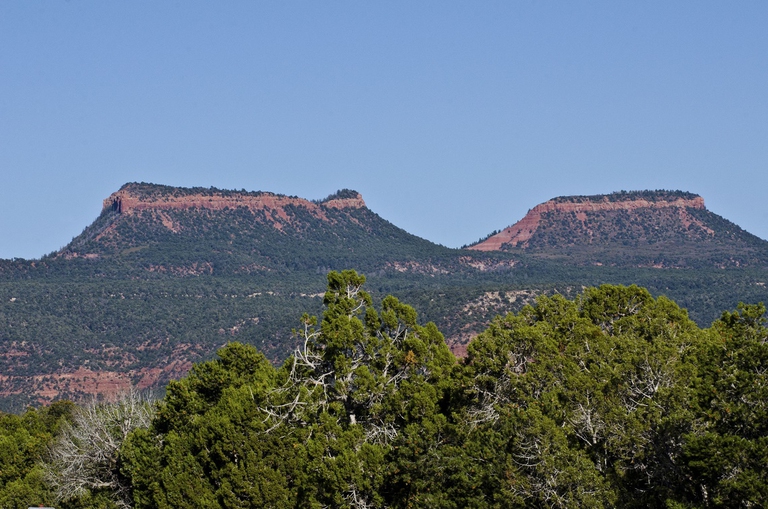
A group of experts in Tokyo suggested pouring radioactive water from Fukushima into the open sea. A marine biochemist explains the consequences of this absurd decision.
Il presidente uscente degli Stati Uniti ha annunciato la creazione di due nuove riserve naturali, per proteggere aree considerate sacre dai nativi americani.
Barack Obama will leave office on the 20th of January, and will be replaced by Donald Trump. With just a few days left in his presidency, Obama has taken action to expand his environmental legacy. In fact, he’s the President that designated the largest number of nature reserves in US history (27).
On 28 December, Barack Obama has announced the creation of two new national monuments (the US equivalent of a national park designated directly by the President of the United States) in Utah and Nevada, protecting a total area of 1.65 million acres. “Today’s actions will help protect this cultural legacy and will ensure that future generations are able to enjoy and appreciate these scenic and historic landscapes,” Obama said in a statement.
The first national monument, the Bear Ears, will cover an area of more than 540,000 hectares in the Four Corners region, Utah, while the second one, the Gold Buttle, Nevada, extends for about 12,000 hectares. In both national monuments, which have a high spiritual value for native communities that consider them sacred, it will be no longer possible to build new mines. The two areas are also home to important archaeological sites dating back to more than 3,500 years ago (Bears Ears) and to dinosaurs’ tracks and rock-art panels (Gold Butte).
Not everybody applauded the news though. Utah’s Republicans would rather have destined the Bears Ears National Monument to mining and drilling. Obama has been accused of putting natives’ interests before those of poor populations living within the areas that can no longer benefit from mining.
Siamo anche su WhatsApp. Segui il canale ufficiale LifeGate per restare aggiornata, aggiornato sulle ultime notizie e sulle nostre attività.
![]()
Quest'opera è distribuita con Licenza Creative Commons Attribuzione - Non commerciale - Non opere derivate 4.0 Internazionale.
A group of experts in Tokyo suggested pouring radioactive water from Fukushima into the open sea. A marine biochemist explains the consequences of this absurd decision.
The decline in grey and humpback whales in the Pacific and Atlantic Oceans has been traced to food shortages caused by rising ocean temperatures.
The United Nations has launched a major international alliance for ocean science, undertaking a mission close to all our hearts.
The cargo ship that ran aground off the coast of Mauritius on 25 July, causing incalculable damage, has split in two and its captain has been arrested.
The largest coral reef in the world is severely threatened by climate change, but researchers are developing strategies that could contribute to saving the Great Barrier Reef.
Seychelles have extended its marine protected area, which now covers over 400,000 square kilometres, an area larger than Germany.
Norwegian oil giant Equinor had pulled out of drilling for oil in the Great Australian Bight, one of the country’s most uncontaminated areas. A victory for activists and surfers who are now campaigning for the area to be protected forever.
30 per cent of the planet needs to be protected to stop precipitous species decline. The UN has set out its aims for the the COP15 on biodiversity scheduled for Kunming, China in October.
Ocean warming has risen to record highs over the last five years: just in 2019 the heat released into the world’s oceans was equivalent to that of 5-6 atomic bombs per second. The culprit, no doubt, is climate change.









